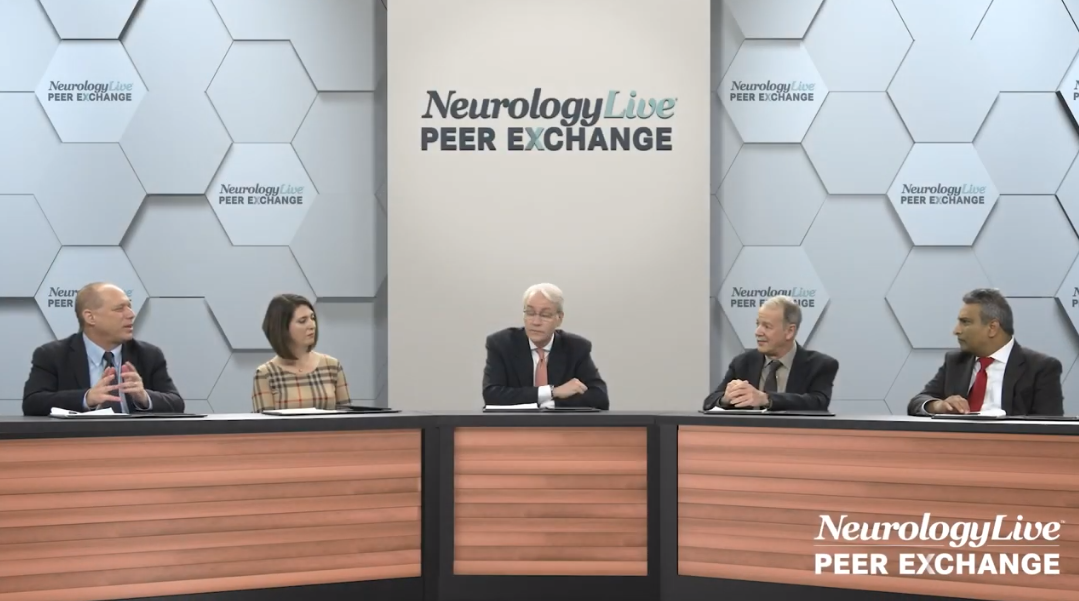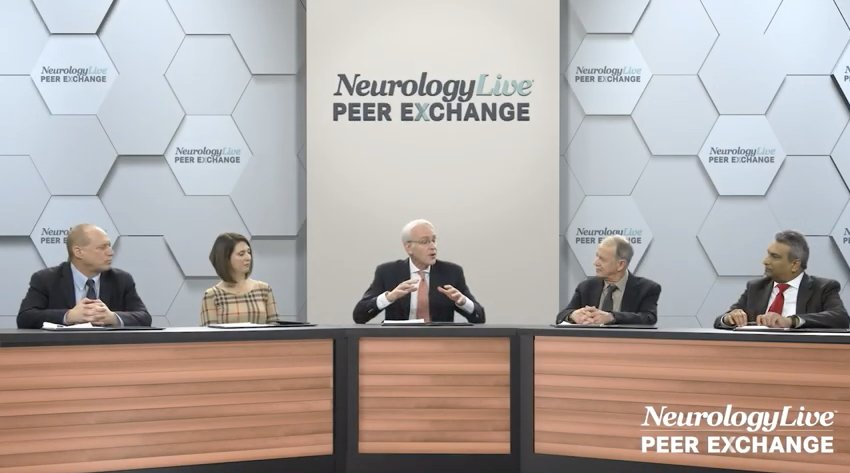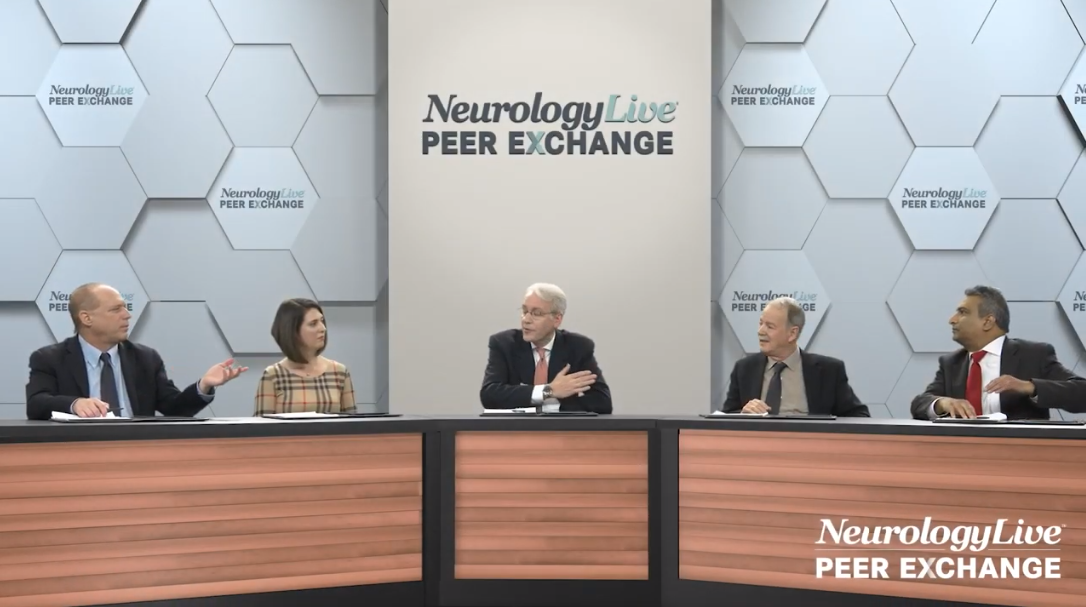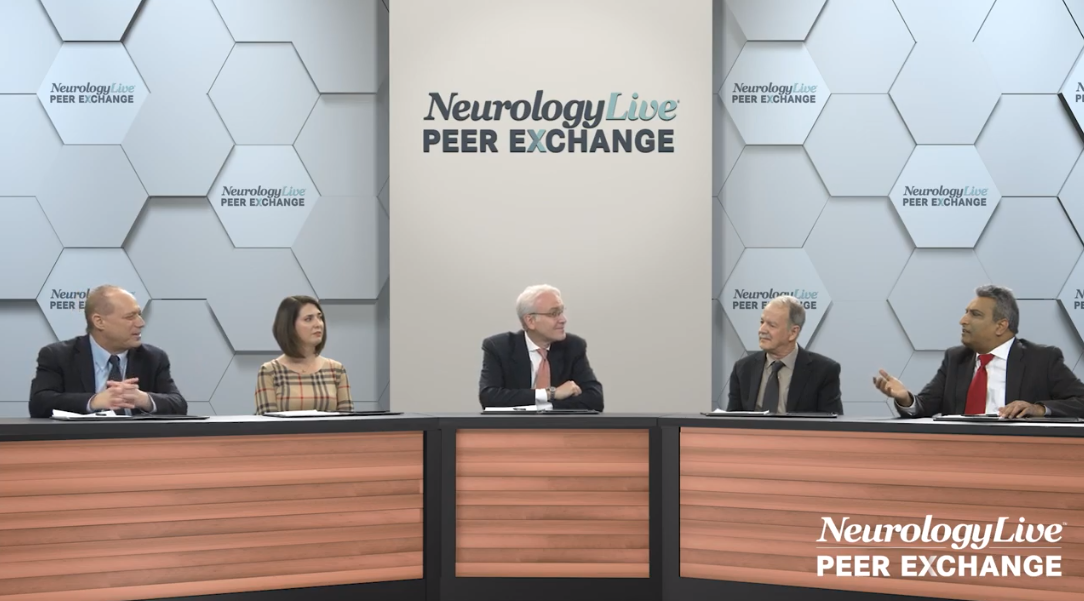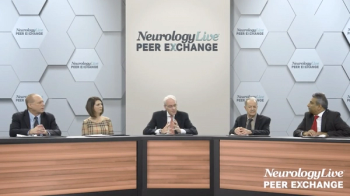
Movement Disorders
Latest News
CME Content

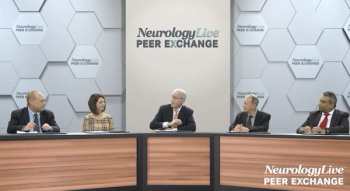

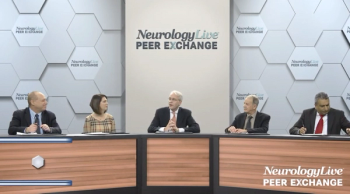
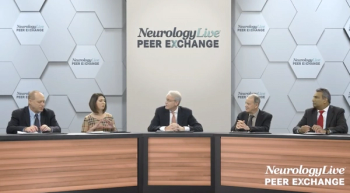
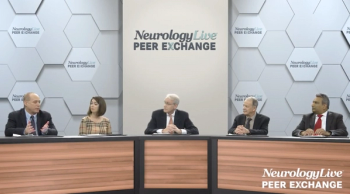
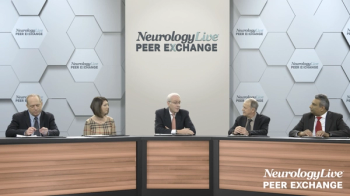
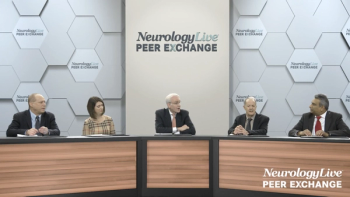
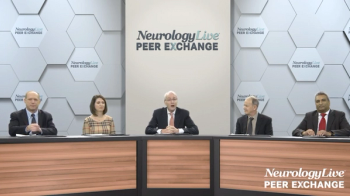
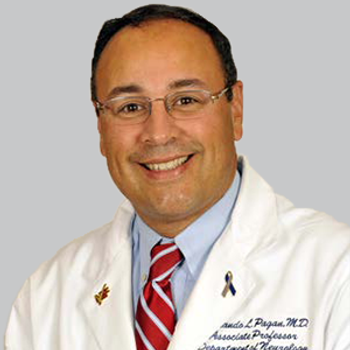
The results pave the way for a potential phase 3 trial to examine the effects of nilotinib in patients with Parkinson disease.
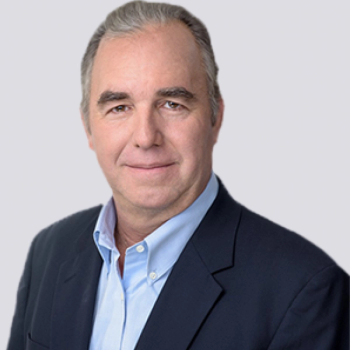
The CEO and Chairman of the Board of Directors at INSIGHTEC offered his perspective on how technologies such as focused ultrasound can help shape the future of neurologic care.

The CEO of INSIGHTEC offered insight into what challenges in the neurologic space the company plans to tackle in the coming years, and why 2020 marks the start of the “Century of the Brain.”
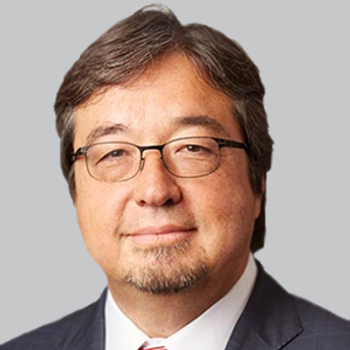
Although the study did not meet primary and secondary endpoints in patients with PSP, Biogen still plans to continue to study the drug for mild cognitive impairment in Alzheimer disease.

Neurology News Network for the week ending December 7, 2019.

Although there are gaps in knowledge, investigators see potential in telemedicine for other neurologic disorders beyond stroke.
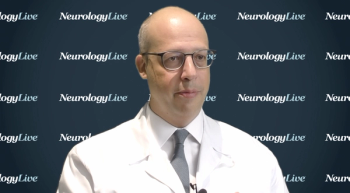
The Chairman of the Neurological Institute at Cleveland Clinic provided insight into the multidisciplinary decision-making process for patients with movement disorders at the center.

Within the first 2 years of DBS treatment, patients with Parkinson experienced improvements in freezing of gait and other axial signs in off periods compared to best medical treatment.

The RightEye Vision System is able to use eye-tracking technology to identify ocular tremors that persist for patients with Parkinson disease and might not only aid in easing the process of diagnosis but could potentially allow for the earlier identification of the disease.
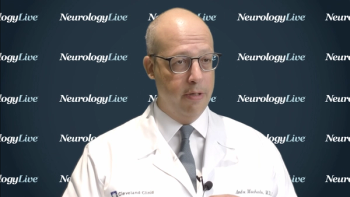
The Chairman of the Neurological Institute at Cleveland Clinic spoke to the differences between deep brain stimulation and focused ultrasound, as well as how they can be utilized to complement one another.
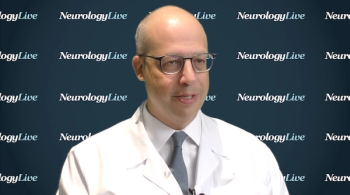
The Chairman of the Neurological Institute at Cleveland Clinic shared his experience with telemedicine and how he foresees it supplementing the current care offered in movement disorders.

The Chairman of the Neurological Institute at Cleveland Clinic discussed getting patient referrals for deep brain stimulation and how often patients miss the window during which the treatment could offer them benefit.
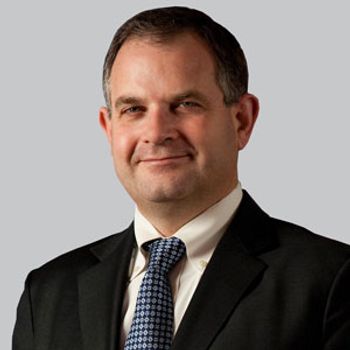
After receiving a complete response letter from the FDA in January, Sunovion Pharmaceuticals has resubmitted its NDA for apomorphine sublingual film, also known as APL-130277.
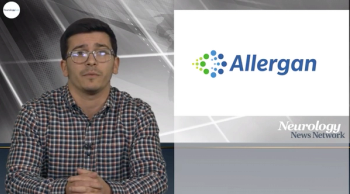
Neurology News Network for the week ending November 23, 2019.

The Chairman of the Neurological Institute at Cleveland Clinic spoke to the history of neuromodulation and how it has evolved in clinical practice today.
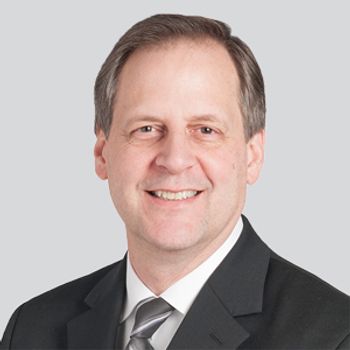
James Leverenz, MD, director of the Lou Ruvo Center for Brain Health at Cleveland Clinic, sat down to discuss the challenges faced in diagnosing Lewy body dementia.

